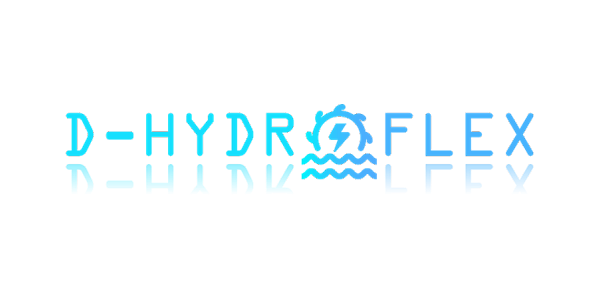
Published on 24 October 2023
The Horizon Europe D-HYDROFLEX project held its kick-off meeting in Brussels last September, aiming at advancing excellence in research on digital technology for hydropower, paving the way towards more efficient, more sustainable, and more competitive hydropower plants in modern power markets.
The University of Cambridge, represented by Prof Ioannis Brilakis, is one of the 18 partners involved in this project, which brings together five power plant operators/energy producers (EDF, TEE, PPC, INTEX, TAGSA), six European research institutes and universities (CARTIF, PWR, UCL, UOC, UoA, ENERGYLAB) and seven technology providers (UBI, NOVA, UBE, MINDS, FASADA, IDEA, CINT).
The European Commission-funded project D-HYDROFLEX - Digital solutions for improving the sustainability performance and FLEXibility potential of HYDROpower, was launched on the 1st of September 2023 to tackle the challenges posed by European Green Deal and the Digital Decade Policy Programme 2030 for Europe.
D-HYDROFLEX will develop a toolkit for digitally ‘renovating’ the existing hydroelectric power plants based on sensors, digital twins, AI algorithms, hybridization modelling (power-to-hydrogen), cloud-edge computing and image processing. The core pillars of the project will be (i) digitalization (i.e., digital twins for hydro dams and machinery, weather and flow forecasts, cyber-resilience), (ii) flexibility (i.e., coordination with hydrogen, storage and VPP operation) and (iii) sustainability, (i.e., biodiversity environmental issues).
Validation will take place in 7 hydro plants operated by EDF (France), Tauron Ekoenergia (Poland), PPC (Greece), TASGA (Spain) and INTEX (Romania), covering different geographical areas of Europe.
The 36-month-long project has set high-standard objectives to be implemented during the project lifetime and will have a significant impact towards the decarbonisation of the energy system.
The text in this work is licensed under a Creative Commons Attribution 4.0 International License.
